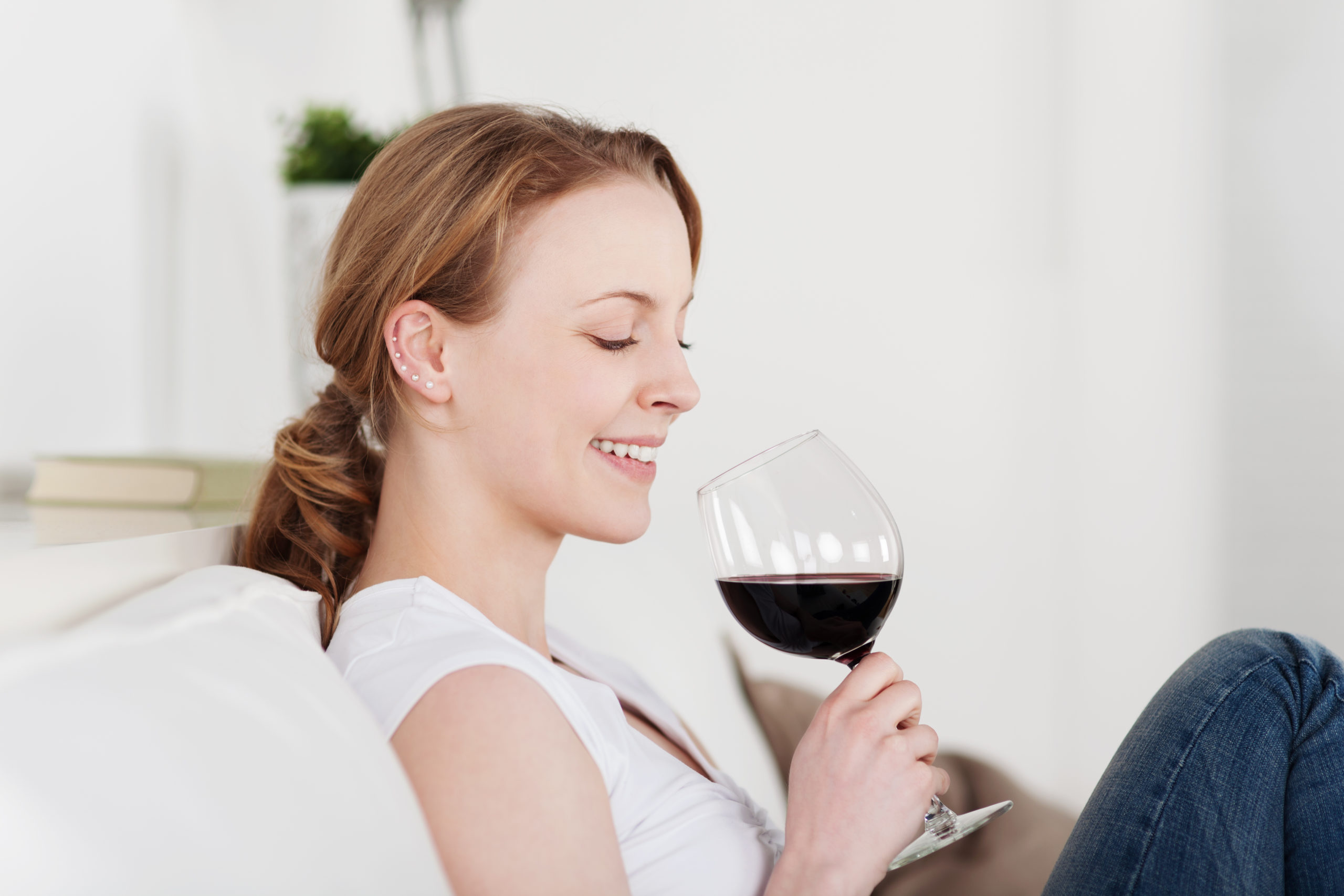Moms and excessive drinking don’t mix. According to the National Institute on Alcohol Abuse and Alcoholism, female alcohol use disorder in the United States more than doubled from 2002 to 2013. And with alcohol consumption posing a greater health risk for more women than men—including liver damage, heart and brain disease and breast cancer—there is even more cause for concern, especially among mothers.
At a time when Dry January is trending among those looking to reduce their alcohol consumption, some women may be facing a more serious problem. To better understand moms’ relationship with alcohol, experts explain how to distinguish between normal and excessive drinking, where to turn for support and how to manage social drinking in the long term.
Cultural Shifts Partly to Blame
A variety of factors have contributed to increased alcohol consumption among women over the years, many of which have been fueled by society. Marriage and family therapist Michelle S. Cilia (www.michelleciliamft.com) points to the 1960s as a precursor to the female drinking boom, when Valium was largely prescribed to help American mothers cope with their daily routine.
Fast forward to the present, and the frenetic pace of motherhood now encompasses working outside the home, managing household duties and handling childcare—all of which have contributed to the need for an escape. “Now, self-medicating with alcohol has become an acceptable way to deal with the stress of parenting,” explains Cilia.
Eileen Butler, an alcoholism and substance abuse counselor based in Queens, N.Y., agrees. “Women are taking on more and more responsibility of balancing work and motherhood, and there may be an increase in drinking to cope,” she says.
Also of note is marketing aimed at women, particularly social media memes and ‘wine mom’-themed products that minimize the stigma of turning to alcohol to relax and unwind. “While they can be humorous, they normalize what can be a serious problem,” observes Cilia.
What’s Normal—and What’s Not
For those moms that may not realize they have a drinking problem, experts say to pay close attention to the warning signs that distinguish between normal and excessive consumption. Butler notes the propensity to drink despite the negative effects and missing work due to a hangover. Cilia adds to the list: regularly consuming alcohol by yourself, changing plans to drink and hiding your drinking from the people around you. “If you have tried to give up drinking and found it difficult, this could point to a problem as well,” she says.
Bottoms Up, Responsibly
If any of these indicators raise a red flag, the next step is about seeking help. Talking to a professional that specializes in drug and alcohol abuse can provide one-on-one guidance on a regular basis. “It’s important to find someone who you feel isn’t judging you and keeps pace with your goals,” says Cilia about selecting the right therapist.
Others may opt for more informal counseling via group therapy, available online or in-person. Helpful resources include Alcoholics Anonymous (www.aa.org), Smart Recovery (www.Smartrecovery.org), Women for Sobriety (www.Womenforsobriety.org) and Tempest Sobriety School (www.jointempest.com).
Even for those moms that don’t drink to excess, practicing responsible drinking is vital to a healthy well-being and a safe, secure future. When enjoying a cocktail with friends, Butler advises setting a limit and sticking to it. “Don’t drive even if [you are] planning to have one drink,” she advises.
If you’ll be out for an extended period, plan to alternate between a non-alcoholic and alcoholic beverage and don’t drink on an empty stomach. “For some people, eating can reduce cravings for alcohol,” notes Cilia.
And for those stressful days when pouring a glass of wine is on your mind, she recommends checking in with yourself before opening a bottle. “Are you drinking because you’re upset about something, feeling frustrated or lonely?,” asks Cilia. “If so, think about an alternate activity.” A call to a friend, a brisk walk or a soak in the tub may provide the escape you are looking for, minus the hangover.




